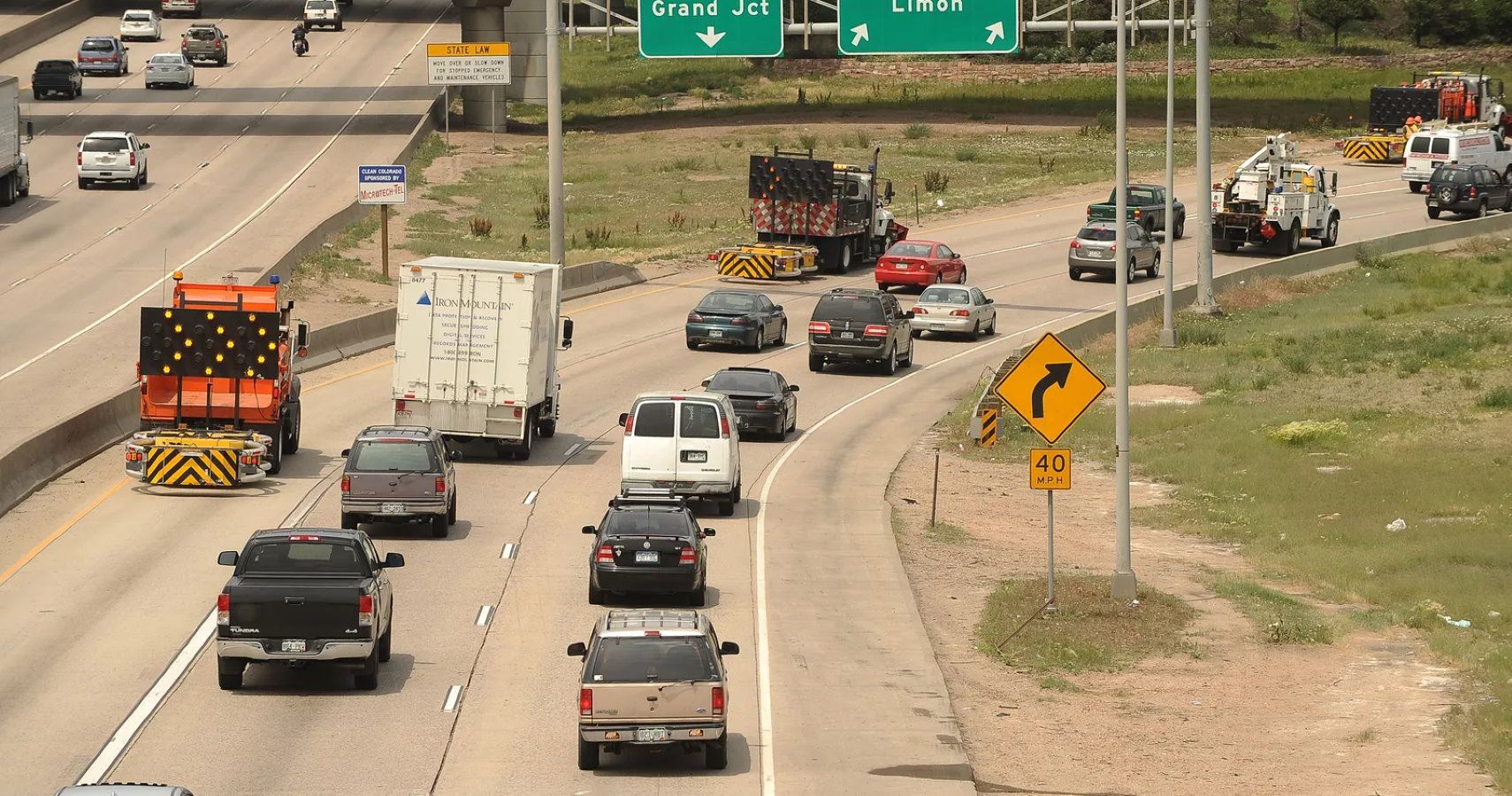Colorado has signed on to California’s zero-emissions vehicle mandate starting in the year 2023.
Back in 1990, California created a regulation that required carmakers to sell a certain number of electric or zero-emissions vehicles per year. That number has changed from year to year, but the general idea has been to encourage the adoption of electric vehicles by mandating sales and offering government subsidies to bring down prices to the consumer.
Other states were invited to get on board, too. Connecticut, Maine, Maryland, Massachusetts, New Jersey, New York, Oregon, Rhode Island, and Vermont have already signed on with California to require electric and zero-emission vehicles, and now Colorado is adding their name to the list starting in 2023.
"This agreement will ensure that Coloradans have access to the range of clean car choices that are increasingly available to consumers in other states," said Colorado Transportation Department Executive Director Shoshana Lew in a statement.
The deal was given its stamp of approval by two automotive trade groups that make up 99% of the US vehicle market, including GM, VW, Toyota, and Hyundai. Carmakers are also able to earn credits for later year's sales under the rule by selling electric vehicles now, and also by using transitional credits from other states that have signed on.
There’s a lot of news about clean vehicles and emissions lately. For months, the White House has been saying they want to freeze vehicle emission targets at 2020 levels, but California has balked at a rollback of regulations that will only lead to more urban smog and a faster climate apocalypse. Instead, they proposed a compromise that would lessen emissions targets, but the Feds decided to walk away from negotiations instead.
Strangely, major US carmakers are on the side of California on this one. They’ve spent billions on electric vehicle platforms and don't want that investment to be for nothing. On top of that, regulations provide certainty, structure--they can plan for future vehicles because they know now what those plans will look like.
Last week, Ford, VW, BMW, and Honda signed on to California’s compromise that would set national rules for emissions. The White House has so far ignored the proposal and stated they will go ahead with freezing fuel economy targets at 2020 levels later this fall.
(via Reuters)


